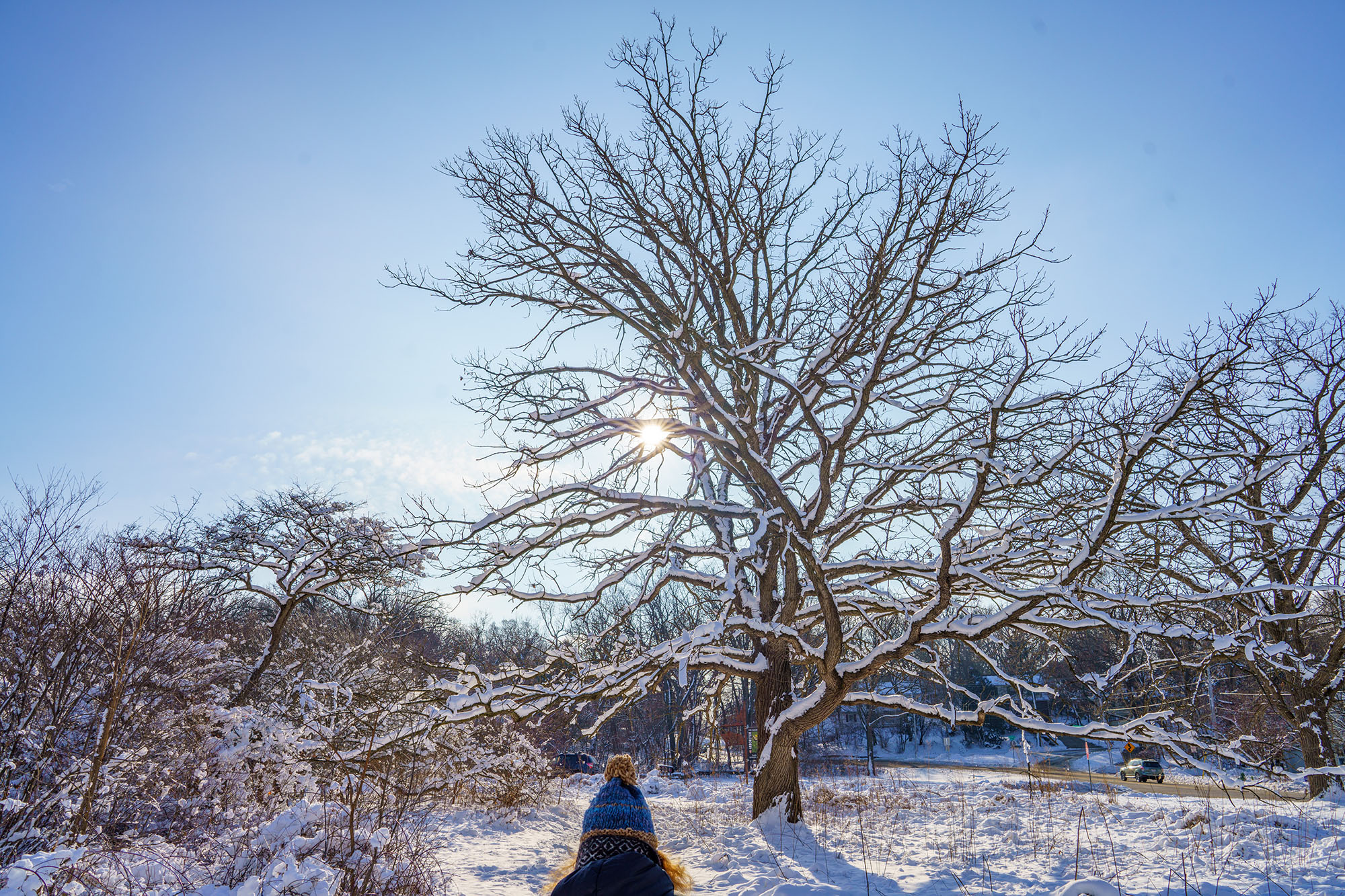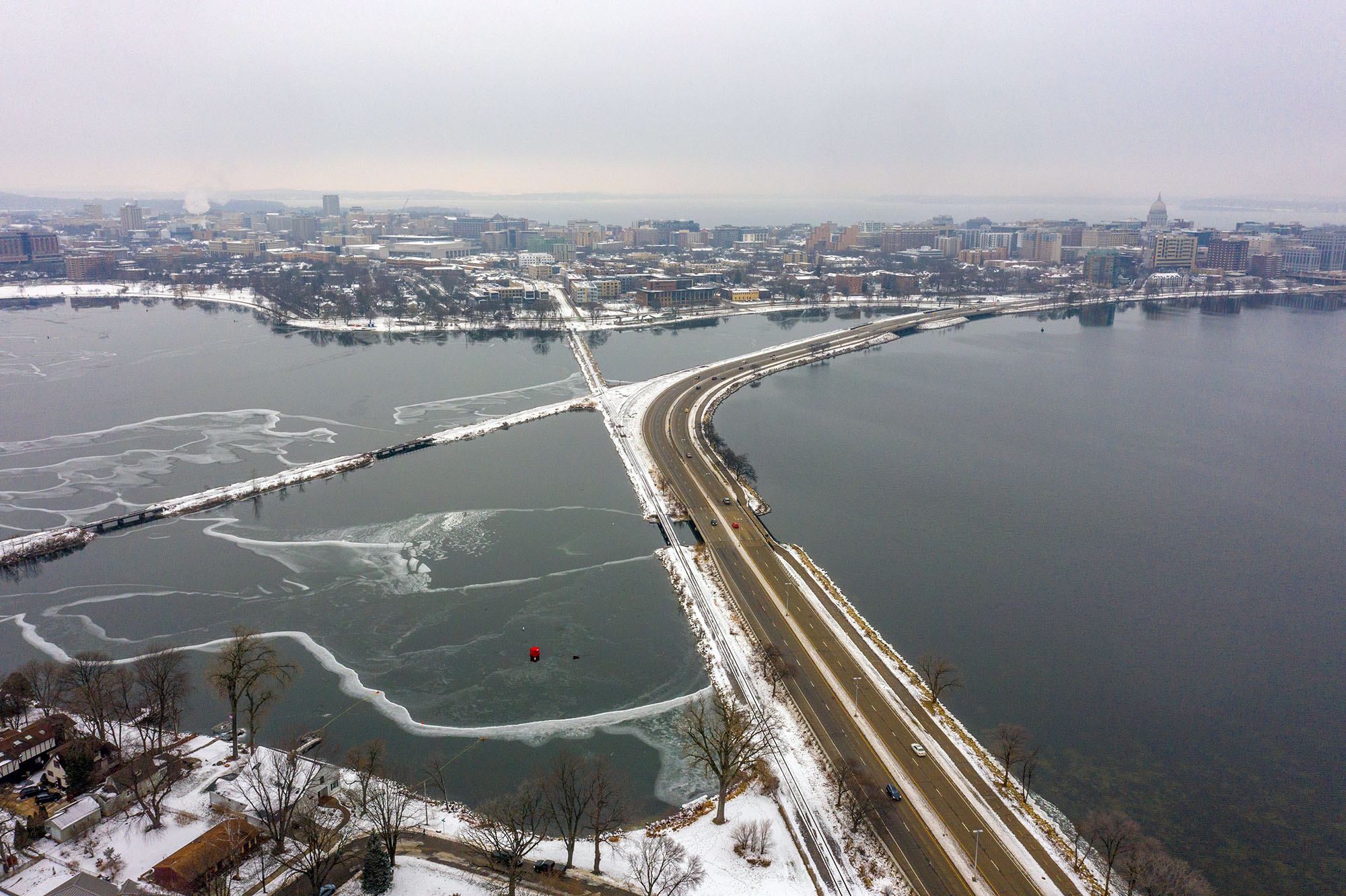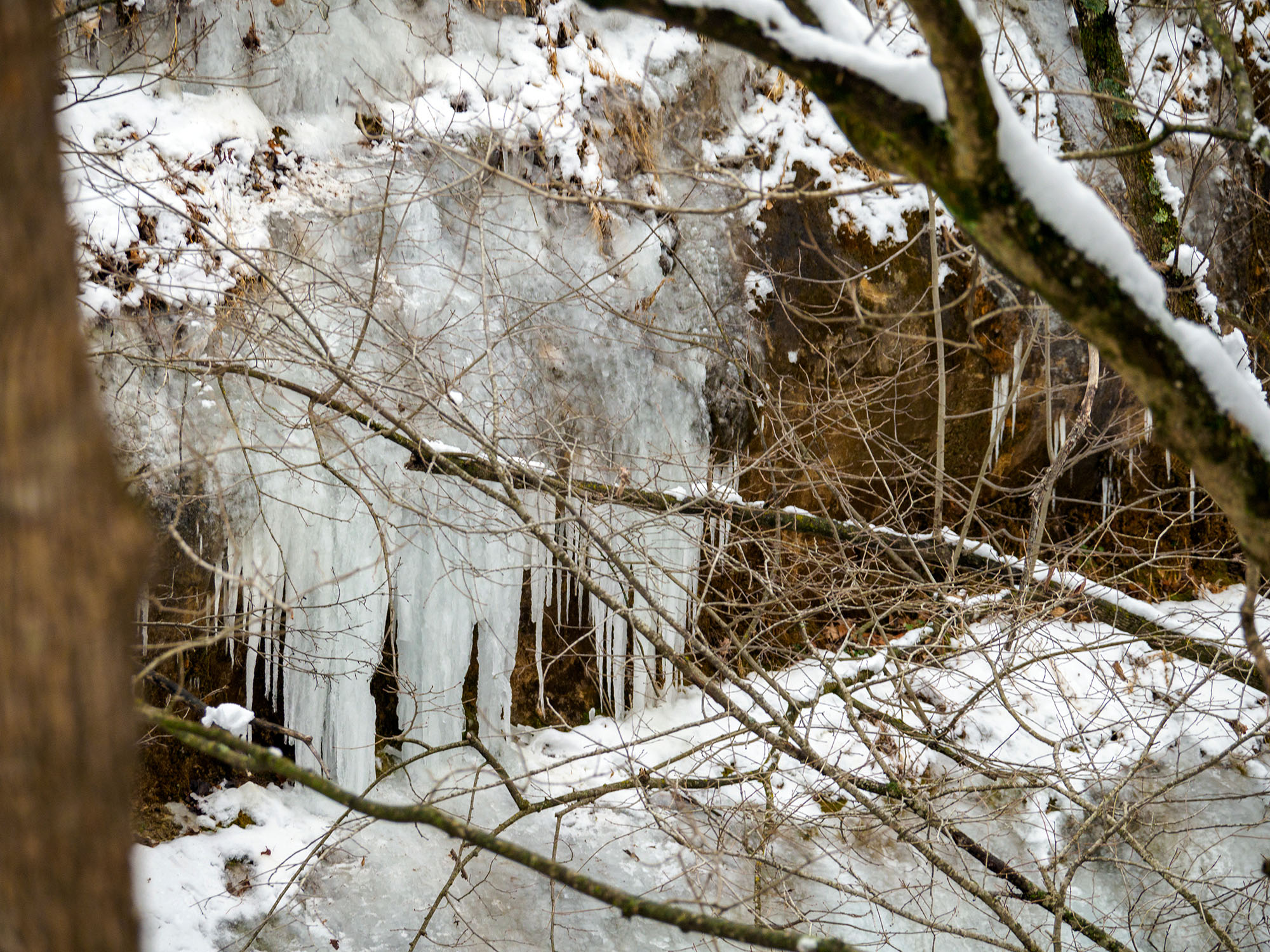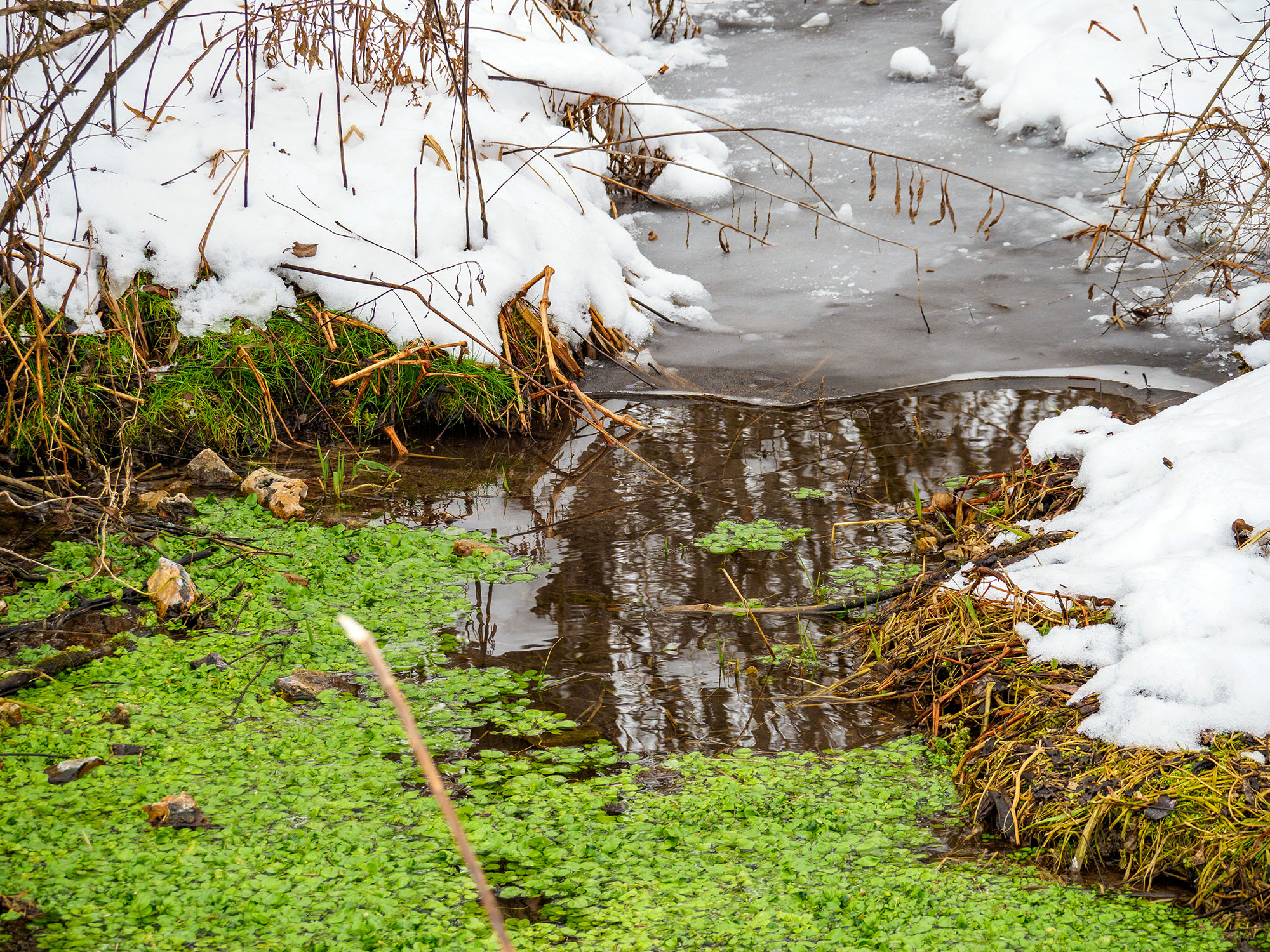Things that caught my attention, this week.
How Trump’s vaccine effort produced results at ‘warp speed’
Hannah Kuchler in New York and Kiran Stacey:
Sitting in the shadow of the brutalist health department building in Washington, with only a leather jacket for protection against an autumnal breeze, Moncef Slaoui cuts a defiant figure.
Six months after the former GlaxoSmithKline executive left the private sector to become President Donald Trump’s coronavirus vaccine tsar, Mr Slaoui feels his decision has been vindicated, and critics of the ability of Operation Warp Speed to develop a vaccine in record time having been proved wrong.
“The easy answer for experts was to say it was impossible and find reasons why the operation would never work,” he told the Financial Times.
But the vaccine push is now hailed as the bright spot in the Trump administration’s Covid-19 response, as products from Pfizer and BioNTech, Moderna, and AstraZeneca and Oxford university move closer to approval.
Operation Warp Speed is a more than $10bn investment programme with a remit to fund vaccines, therapeutics — such as two recently approved antibody treatments — and diagnostics.
The entire planet is going to benefit from it. We’re going to?.?.?.?hopefully have a vaccine available in France and Spain and Italy, all paid for by the US government
Stéphane Bancel, Moderna chief executive
So far it has spent the vast majority of its money on Covid-19 vaccines.
As well as funding some vaccine developers directly, it has also signed pre-orders for the products others are working on, guaranteeing them an income from an approved vaccine when the normal commercial decision might be to not take the risk.
Mr Slaoui’s team also helped manufacturers secure supplies and sped up responses to usually laborious regulatory queries.
Scientists had warned that, with much still to learn about Covid-19, a vaccine might take longer to develop, manufacture and distribute than Mr Slaoui — and his boss, the president — might have hoped.
The central achievement of Operation Warp Speed had been accelerating investment in manufacturing, said Angela Rasmussen, a virologist at the Columbia University School of Public Health.
How Big Government Stacked the Deck Against Small Business.
Gap misses profit estimates on higher costs from online shift
McDonald’s Chris Kempczinski: ‘Our menu is very Darwinian’.
Supporting Julian Assange, fighting for a free press
Alan Rusbridger:
Journalists are supposed to believe in transparency – and I think most colleagues around the world welcomed the example we collectively set 10 years ago, pioneering the ability of multiple news organisations to work collaboratively on huge data sets. Journalists are bred to compete: in the 21st century we are learning to share.
But the past 10 years have also had a darker side. It was perhaps inevitable that a backlash would follow – and it has, with several countries moving to propose tougher laws that would all but make national security reporting, in particular, almost impossible.
Good leadership, after all, is defined by its absence.
Open Street Map is having a moment
Why the data wobbles.
Facebook’s Latest Error Shakes Advertisers’ Confidence.
The Elan Vital of Jean Mayer: (1935-2020)
Bill Whaley:
I had skied Taos on a day during spring break the previous March, 1965, when Jean set the marathon record, 60 runs, top to bottom, while riding up the four-minute Poma Lift on Al’s. He flew down Al’s or cut into Rhoda’s and Upper Inferno, down Showdown, curving over Snakedance like a mythical half-bird half-man. “Who is that man,” I wondered. Years later Paco came close to the record at 58 runs.
In January of 1967, at the St. Bernard Jean asked me, “Do you have fun the way you ski?” Humbled, I hastened to attend ski school, a privilege accorded ski bums. During the three years I worked at the St. Bernard, I took countless classes with Dadou or Jean among the top guests and the occasional drop-in instructor or ski patrolman from other ski areas.
When we arrived at a slope with uncut powder, Jean would say in an exaggerated Gallic accent, “I want you to get an idea, an image of how I ski, so that you can feel what I do, how I seduce the mountain.” Then he would turn to me. “Bill, on me. Allez, à l’attaque.”
“a new, “science-based” Covid-19 measure is prescribed, but the science in support of it is either vague or missing altogether“.
Mike McCarthy’s worst decision-making day buries the Cowboys in last place.
Amazon versus Alex Berenson (& me)
Politics and Policy with Maggie Haberman
China’s Surveillance State Sucks Up Data. U.S. Tech Is Key to Sorting It.





